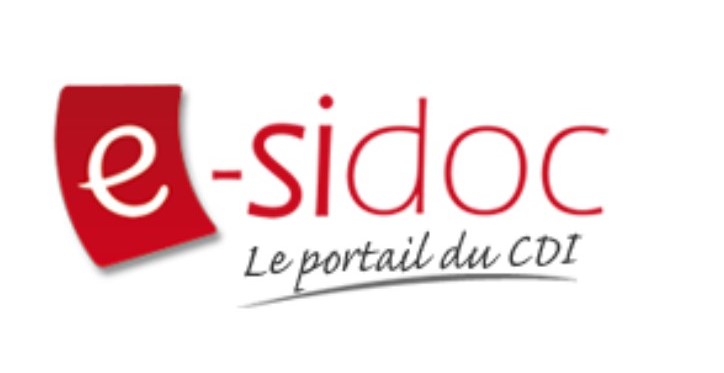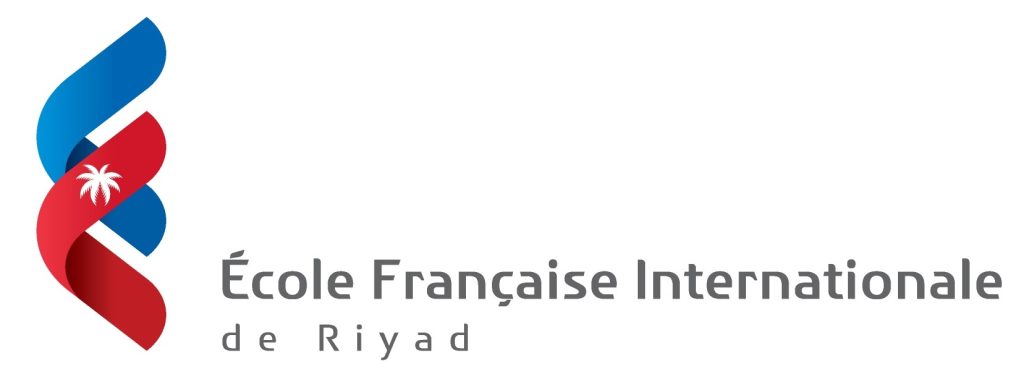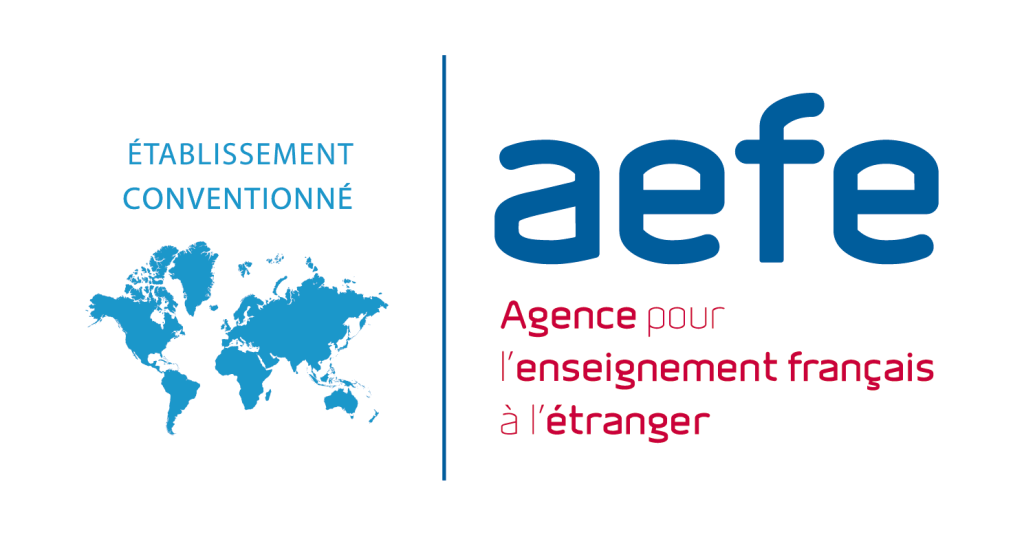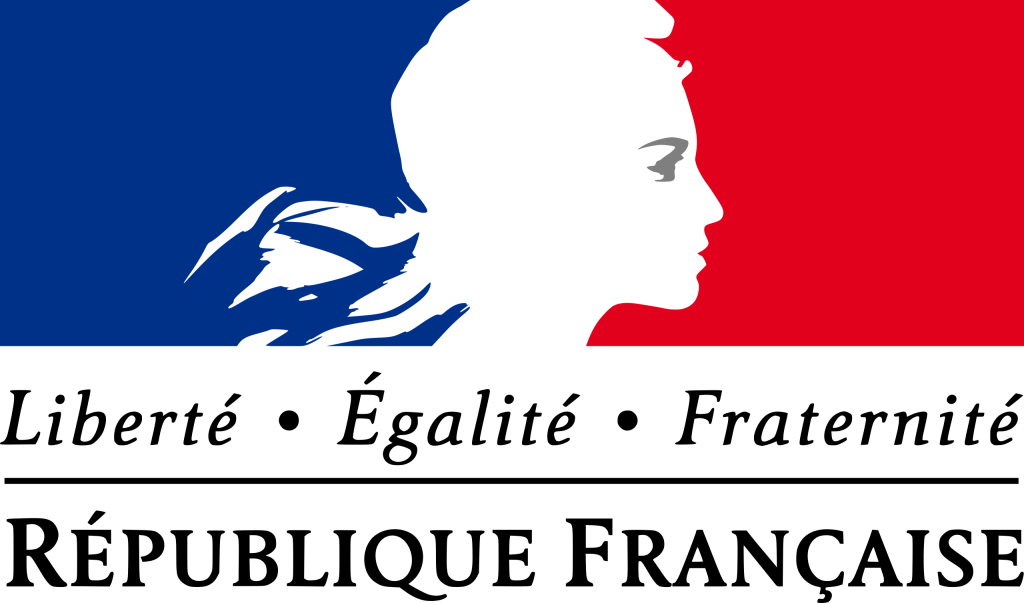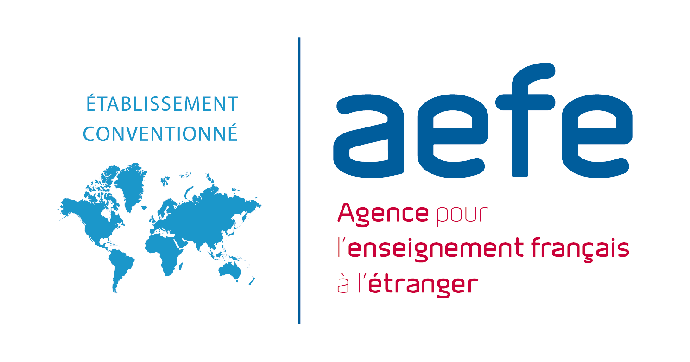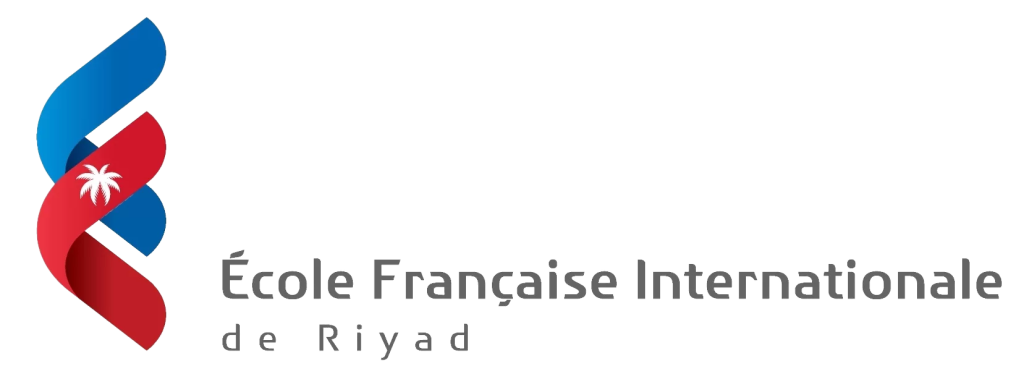Primary school internal regulations
The primary school consists of nursery school (cycle 1) and elementary school (cycles 2 and 3). These regulations are incorporated in their entirety into the establishment's internal regulations.
The student's registration entails the commitment to respect these regulations, which justifies the implementation of a disciplinary procedure in the event of failure to apply them.
It states as a principle:
– Secularism and neutrality in political and philosophical matters.
– The duty of tolerance and respect for people whatever their status.
– The disapproval of physical, verbal and moral violence.
– The obligation for each student to participate in all activities planned for their schooling, as organized by the establishment in application of the preceding paragraphs.
– The obligation for families to be in good standing with the stewardship.
It is possible to submit a registration file for the Petite Section as long as the children are three years old during the current calendar year, i.e. before December 31. For other sections, and subject to availability, registration will be subject to passing an entrance test. However, to apply, the child must be, during the current calendar year, four years old for the Middle Section or five years old for the Large Section. Full registration details are available on the establishment's website. Generally speaking, any student who has not shown up fifteen days after the start of the school year, without justification, even if tuition fees have been paid, will be removed from the lists on that date.
Likewise, any student absent for more than a month without justification provided by their parents will be considered to have left permanently.
2.1. Nursery school Enrolling in nursery school implies a commitment, for the family, to good attendance from the start of the school year and whatever the age of the child. Regular attendance at nursery school means the total duration of the weekly school timetable. This is in fact desirable for the development of the child's personality and thus prepares him to receive the training given by elementary school. In the event of irregular attendance, the director must insist on this point with the family and may decide to remove the child from the registered list and return him to his family, after having brought together the educational team and having spoken with the national education inspector. However, to enter school, the child must have learned to be clean and to signal when he needs to go to the toilet.
2.2. Elementary School
2.Regular attendance at elementary school is compulsory, in accordance with the legislative and regulatory texts in force. 2.3. Absences and lateness Because it is an essential condition for success, the effective presence of students in all the courses listed in the timetable is an obligation. Parents must ensure their children's attendance by only allowing unavoidable absences. The same goes for early departures and late arrivals around school holiday dates which hamper the interest in learning and educational progression. Absences are recorded each day in a special register kept by the teacher. Any absence must be immediately justified. Otherwise, it is reported to the parents of the student or to the person to whom he is entrusted, who must within forty-eight hours make known the reasons with production, if necessary, of a medical certificate. Families are required to produce it when a child who has contracted a contagious disease returns to class (see decree of May 3, 1989). Delays are also recorded by the master. Entry into class can only be done with a late ticket obtained from the secretariat. Any delay must be justified. Five delays result in a letter from the director to the families concerned. 10 delays result in a warning. 2.4. Schedules and organization of school time 2.4.1 Kindergarten The school is open from 7:15 a.m. Kindergarten students are received between 7:35 a.m., when the gate opens) and 7:50 a.m. in the classroom, when the gate closes. kindergarten. The school day ends at 12:57 p.m., authorized persons can enter from 12:45 p.m. to pick up their child. Only authorized people with a badge can accompany nursery school children. 2.4.2 Elementary The school is open from 7:15 a.m. Reception in the guarded courtyard is from 7:15 a.m. At 7:40 a.m. the students line up, for classes to actually start at 7:45 a.m. Parents of elementary school students are not admitted to the school grounds except in the case of an appointment made with school staff only during the time slots 8:15 a.m. to 12:15 p.m., and 1:15 p.m. to 4:15 p.m. Anyone who has obtained an appointment must go to door 3 to provide themselves with a visitor badge, in exchange for an identity document. a) Extracurricular Activities (AP):
3
APs take place from Sunday to Thursday from 1:00 p.m. to 3:30 p.m. including the lunch break. Any schedule changes will be reported by those responsible for these optional activities. The parking lot doors are open for AP exits between 2:30 p.m. and 4:00 p.m. b) Reception of students outside these hours – primary school Students leaving at 12:57 p.m. and having a brother or sister finishing later in the day or participating in AES may be received in daycare according to arrangements which are specified at each start of the school year. For any other student, with the exception of staff children, it is up to the family to make arrangements to take care of the child from 12:57 p.m. In the event of an exceptional delay, and provided that the family has notified the primary school secretary within a reasonable time, the child may be taken care of by the establishment. The service will then be invoiced per unit and must be of an exceptional nature.
3.1. General provisions The lives of students and the actions of teachers are organized in such a way as to enable the objectives set in Article 1 of Decree No. 90-788 of September 6, 1990 to be achieved. It is recalled that the secular nature of the service public of Education imposes respect for the principles of tolerance and neutrality on the political, philosophical and religious levels, recalled by the circular of May 18, 2004. The teacher prohibits any behavior, gesture or word which would reflect indifference or contempt for the towards the student or his family, or which would be likely to offend the sensitivity of children. Likewise, students, like their families, must refrain from any behavior, gesture or word that would undermine the function or person of the teacher and the respect due to their classmates or their families.
3.2. Educational measures 3.2.1. Nursery school The school plays a vital role in the socialization of the child: everything must be done to ensure that their access to learning and their development are encouraged. This is why no sanctions can be imposed. A child who cannot manage his emotions, however, may be isolated for a very short time, necessary to help him find behavior compatible with group life. It must not be left unsupervised at any time. However, when a child's behavior seriously and lastingly disrupts the functioning of the class and reflects an obvious maladjustment to the school environment, the child's situation must be submitted for examination by the educational team. A decision to withdraw for a short period from school can be taken by the director, after an interview with the parents and in agreement with the Head of the establishment. In this case, frequent contact must be maintained between the parents and the teaching team in order to allow their reintegration into the school environment as quickly as possible.
4
3.2.2. Elementary school The teacher or the cycle teaching team requires work from each student that is commensurate with their abilities. A student cannot be punished or sanctioned for his academic difficulties. These are adapted responses, developed in consultation with cycle teachers, and in conjunction with the family. Any corporal punishment is strictly prohibited. A student cannot be deprived of all recess as a punishment. Breaches of the school's internal regulations, and, in particular, any attack on the physical or moral integrity of other students or teachers may give rise to reprimands (warnings, "calls to order and the law" ) which are, where appropriate, brought to the attention of families. It is permitted to isolate from his peers, temporarily and under supervision, a child in crisis or whose behavior may be dangerous for himself or others. In the case of particularly serious difficulties affecting the student's behavior in his school environment, his situation must be submitted for examination by the educational team. If it appears, after a one-month probationary period, that no improvement has been made in the child's behavior, an exclusion decision may be taken by the head of the establishment, upon proposal from the director. .
4.1. Infirmary Two state-certified nurses are on duty in the establishment from 7:45 a.m. to 4:30 p.m. from Sunday to Thursday. Nurses welcome students for care that does not require specialization as well as for relational or psychological reasons. Routine care is provided outside of class hours, during recess. In the event of an emergency, the sick student is accompanied by a friend. The evacuation of students by families, at their own expense, can only be done with the agreement of the nurse who notifies the primary school principal. In the event of a chronic illness, parents must report it to the nurse. An Individualized Reception Project is put in place. A medical prescription from the attending physician is required for treatment to be taken while the child is at school. The establishment works in close collaboration with Dr Sakkal and, in the event of hospitalization, it is attached to the KINGDOM hospital, unless specified by the parents. When registering, a medical file (yellow) is given to parents. This file must be completed by the doctor of their choice. The student must meet the obligations concerning vaccinations (BOEN n°46 of December 15, 2011) and he cannot avoid medical examinations organized by the nurses and the doctor. Exemptions from EPS must be justified by a medical certificate. They can only be occasional. Finally, it is essential to communicate to the establishment any change in telephone contact details. In the event of an emergency, the nurse must be able to contact the parents quickly. 4.2. Safety Safety exercises take place in accordance with current regulations. Safety instructions must be posted in each classroom and in school premises frequented by students.
5
4.3. Special provisions a) Dangerous or prohibited objects It is prohibited to bring into the establishment objects likely to cause injury or cause disorder. Furthermore, in primary school, all electronic devices (smartphones, consoles, players, etc.), other than those that teachers may request, are prohibited. The educational team reserves the right to confiscate any object that it deems unsuitable in the school. b) Damage and theft Families are financially responsible for material damage committed by their children. If the degradation is voluntary, the result of serious negligence or an act of indiscipline, the student will be sanctioned. The administration declines all responsibility for losses or thefts that students may have to complain about. To avoid incidents of this type, parents must ensure that their children do not take money or valuables with them.
5.1. General provisions Supervision of students, during school activity hours, must be continuous and their safety must be constantly ensured, taking into account the condition and distribution of premises and school materials and the nature of the activities offered. . 5.2. Special supervision arrangements The supervision service, at reception as well as during recess, is distributed between the teachers in council of the school teachers. 5.3. Participation of foreign people in teaching 5.3.1. Role of the teacher Certain forms of educational organization require the distribution of students into several groups making single supervision impossible. Under these conditions, the teacher, while taking charge of one of the groups or ensuring the coordination of the entire system, finds himself relieved of the supervision of the groups entrusted to external speakers (language, music and PE speakers). , parents of students, etc.) provided that: the teacher, through his presence and his action, permanently assumes educational responsibility for the organization and implementation of school activities; the teacher constantly knows where all his students should be based on the organization he has put in place; external stakeholders have been regularly authorized or approved in accordance with the provisions of paragraph 5.3.2. below ; external stakeholders are placed under the authority of the master.
6
5.3.2. Parents of students If necessary and for the supervision of students during school activities taking place outside the school during school time, the director may accept or request the participation of volunteer parents acting as volunteer. He may also, on the proposal of the school's teachers' council, authorize parents of students to provide the teacher with participation in educational activities. The name of the parent, the subject, the date, the duration and the location of the requested intervention will be specified each time.
In nursery and elementary school, teachers meet with students' parents in the first quarter to present their program and the objectives to be achieved during the year. Parents and teachers having the common concern to see children achieve a fruitful and enriching education, close collaboration between the school and families is expected, and for this purpose, these meetings are of great importance. In primary school, each child has a notebook. It is the duty of parents to consult it regularly in order to be aware of any messages that may be intended for them. Visits: regarding visits to teachers, they are by appointment only. You are asked to use liaison notebooks for this. During visits, parents must comply with the safety rules in force. The Head of the establishment and the School Director generally receive meetings by appointment. But they are of course available to parents in case of emergency. All correspondence intended for the school must be addressed to: Mr. Head of School École Française Internationale PO Box: 87811 11652 RIYADH But it is preferable, whenever possible, to drop off the mail at the school. Furthermore, the Head of the School sends correspondence to families regarding school life, through the children, whenever necessary. It would be desirable for parents to ask them about mail that could be intended for them.
The internal regulations are established by the school council in accordance with the legislation in force. It is approved or modified each year at the first meeting of the school council. It is displayed in the school and given to parents for signature. It will be published on the establishment's website www.efiriyad.com. A copy will be sent to the National Education Inspector. Taking into account the particular geopolitical context, the head of the establishment, in liaison with the embassy services, may put in place measures to ensure the safety of students and staff without prior modification of the internal regulations that families undertake to comply with. respect.




